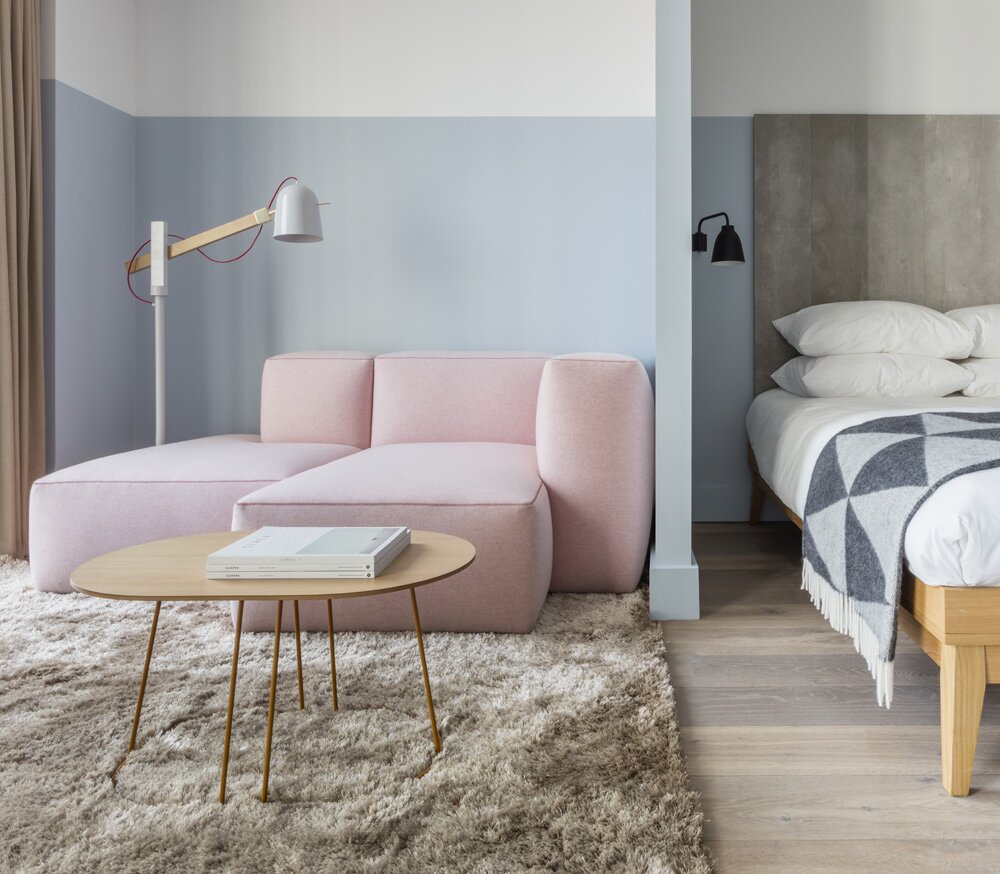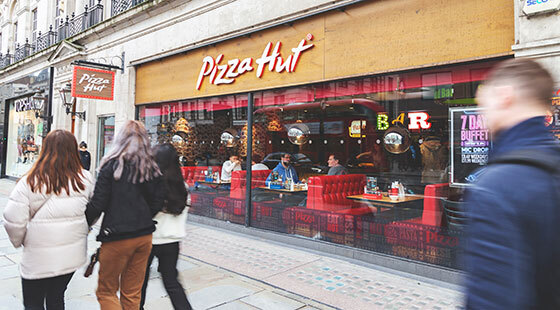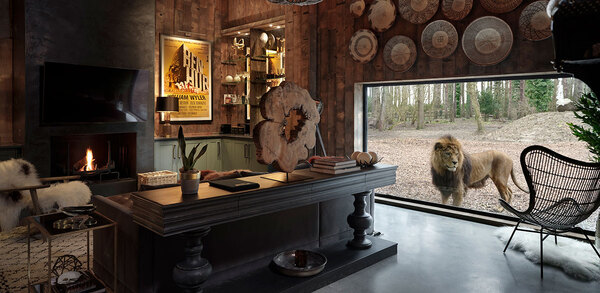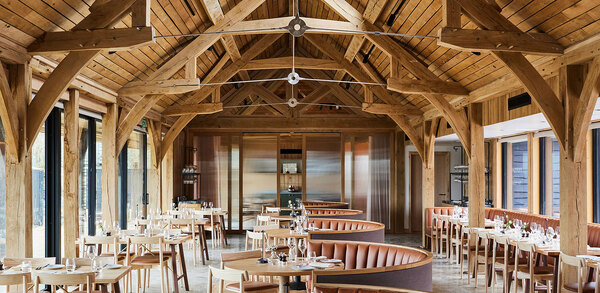Aparthotels head growth of UK's accommodation sector
Growth in aparthotels and serviced apartments has outpaced other sectors of the UK’s hospitality accommodation market.
That’s according to research by commercial property consultancy Lambert Smith Hampton (LSH), which found that the sector makes up just 3% of the total hospitality accommodation in the UK – a significantly lower level than in many international markets, such as the US (9%).
The LSH *Va Va Vroom! *report said this suggested there is considerable room for growth in the UK and that this potential is reflected in the accelerated rate of expansion of the sector.
Around 6,000 new units are scheduled to open over the next two years, making up around 13% of the UK’s total active pipeline.
The type of accommodation being offered by the serviced apartment sector is evolving, the report found. Typically aimed at single travellers on long stays, the sector is now seeking to appeal to a broader customer base and is becoming increasing popular for short stays.
Newer concepts are taking a cue from Airbnb by providing flexible accommodation that offers more of a ‘home-from-home’ experience, while there is a blurring of distinctions between serviced apartments, aparthotels and hotels.
Operators such as Native, Locke (pictured) and Roomzzz are developing design-led products and the co-working sector is inspiring the introduction of home-office hybrids.
London has historically been the main focus for operators, but key target markets for aparthotel operators now include regional centres such as Manchester, Glasgow and Liverpool.
Simon Stevens, LSH hotels director, said: “While the rise of the Airbnb sector is sometimes viewed as a threat to more traditional types of accommodation, it is actually benefiting aparthotels by making consumers more receptive to alternatives to conventional hotels.”
“With new brands being launched and established operators reinventing their products, serviced apartments and aparthotels will continue to innovate and grow. The sector will remain a melting pot for new ideas; borrowing from alternative concepts such as co-living and co-working to create inventive new hybrids.”




















